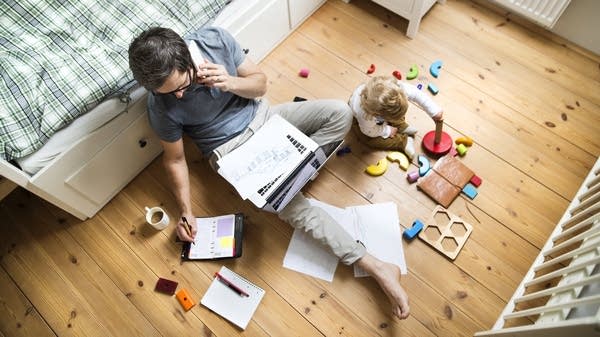State housing help likely on the way as part of pandemic response

Many Minnesotans out of work because of COVID-19 are starting to face their first rent and mortgage payments since the state’s stay-at-home order went into effect. Some are finding relief. Many are wondering what help they may get.
Westend61 | Getty Images file
Go Deeper.
Create an account or log in to save stories.
Like this?
Thanks for liking this story! We have added it to a list of your favorite stories.


